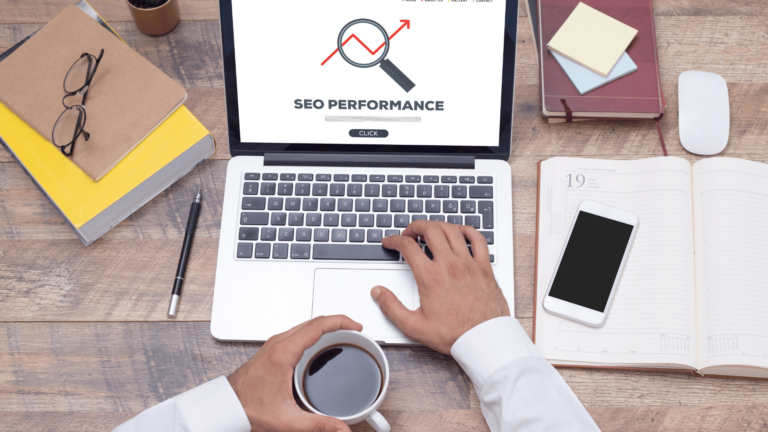In today’s digital landscape, where attention spans are shorter than ever, website performance is a critical factor. Whether you run an e-commerce site, a blog, or a corporate website, how fast your pages load directly affects user experience, conversions, and your bottom line. Let’s explore why website performance matters and how it impacts your customers.
Don’t Let Slow Websites Kill Your Business
1. User Experience (UX)
- First Impressions: Imagine a physical store with a slow, creaky door. Visitors hesitate to enter, and some turn away altogether. Similarly, slow-loading web pages frustrate users. They expect instant access to information, products, or services. If your site takes too long to load, they’ll bounce off to a competitor.
- Bounce Rates: High bounce rates signal trouble. When users leave your site quickly, it affects your search engine rankings and overall credibility. A well-optimized site keeps visitors engaged and encourages them to explore further.
2. Search Engine Optimization (SEO)
- Google’s Algorithm: Search engines like Google prioritize fast-loading sites. They want to deliver the best results to users. If your site lags, it won’t rank well. Improved performance leads to better visibility and more organic traffic.
- Mobile Friendliness: Mobile devices dominate internet usage. Google’s mobile-first indexing means your site’s mobile performance matters. Accelerated Mobile Pages (AMP) and responsive design are essential for SEO.
3. Conversion Rates
- Every Second Counts: Research shows that even a 0.1-second improvement in site speed can boost conversion rates by 8.4%. Conversely, delays lead to abandoned carts, missed sign-ups, and lost revenue.
- Customer Trust: A fast site builds trust. Customers associate speed with professionalism and reliability. Slow sites, on the other hand, raise doubts about security and competence.
How to Measure Website Performance
- Technical Aspects:
- HTTPS: Secure your site with HTTPS. It not only protects user data but also positively impacts SEO.
- Mobile Optimization: AMP versions ensure fast loading on mobile devices.
- Structured Data: Implement structured data to enhance search visibility.
- Content Metrics:
- Bounce Rates: Monitor how many users leave after viewing just one page.
- Time Spent Per Page: Longer engagement indicates better content and performance.
- Click-Through Rates: Measure how often users click on links or calls-to-action.
- SEO Considerations:
- User Intent: Optimize content based on what users are looking for.
- Keyword Strategy: Use relevant keywords strategically.
Investing in website performance isn’t a luxury; it’s a necessity. Fast-loading pages keep users happy, improve conversions, and contribute to your brand’s reputation. So, don’t let slow websites hinder your business—optimize for speed and watch your success soar!
Ready to supercharge your website? Take action today!







